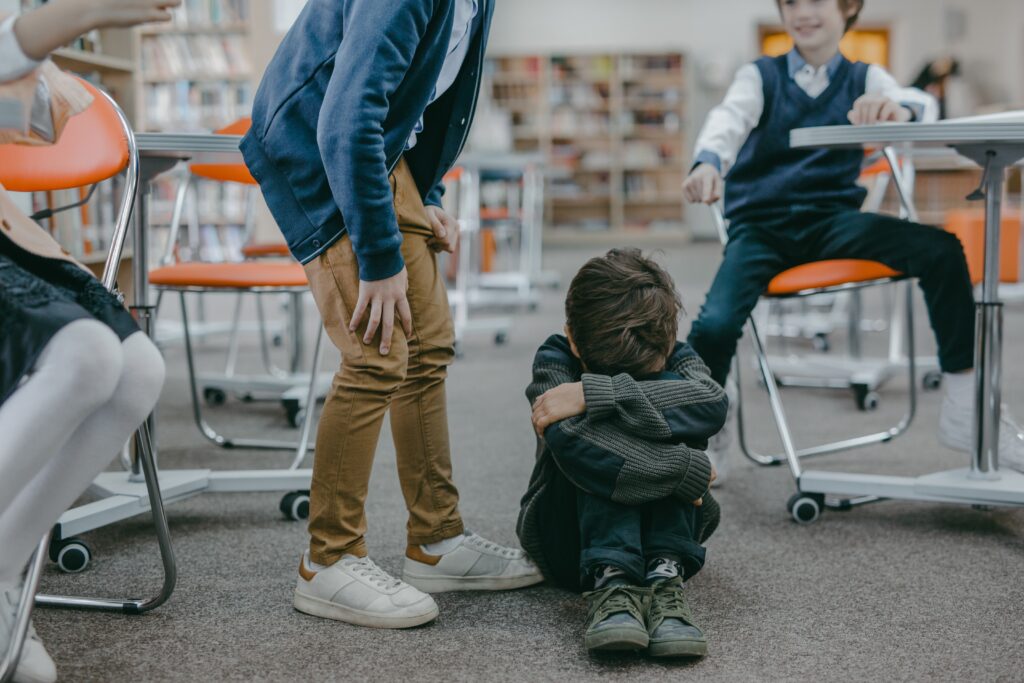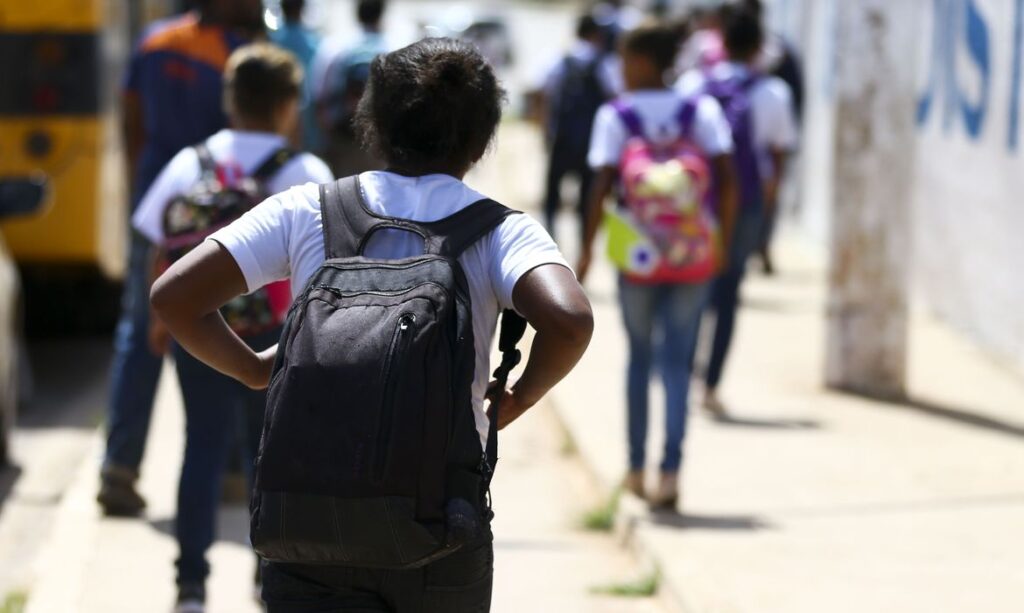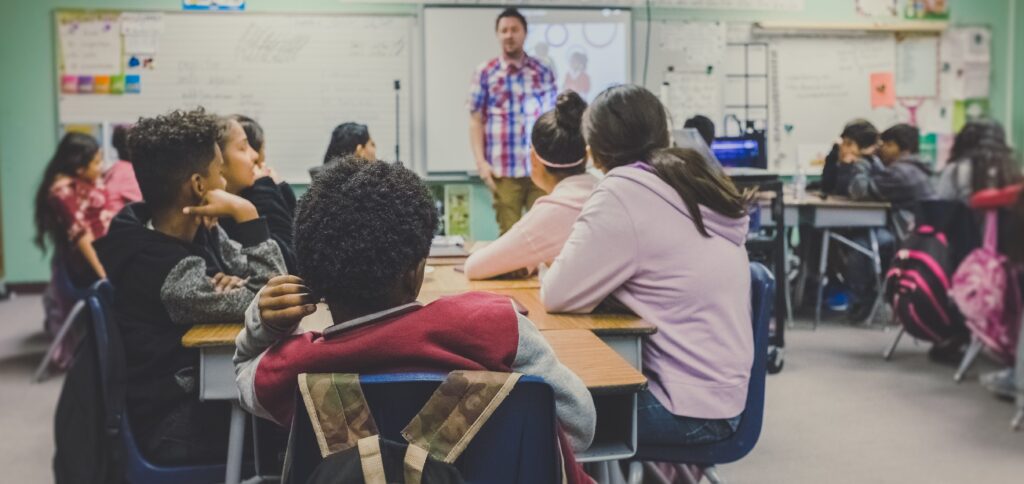“Create guidance protocols for parents and teachers on how to act in cases of threat, violence, aggression and incivility”, “create support and listening services for psychologists and social workers”, mainly “to combat this climate of violence and intolerance” that is established in the country in recent years, are some of the suggestions of the sociologist Rudá Ricci, researcher on the topics of education and citizenship.
ADVERTISING
The sociologist believes that recordings containing rumors, misinformation and threats, which previously seemed like uncoordinated attitudes, have been orchestrated to cause chaos in the country, as happened on January 8th.
“We cannot deny that there is intelligence behind this. There are messages, for example, about possible attacks on universities. These extremist organizations in the country are wanting to build a new January 8, 2023 (day of terrorist acts against the Three Powers). Now, involving education.”
Security is more than creating barriers and placing police officers in schools
In the opinion of researcher Katia Dantas, consultant for the implementation of practices in child protection and school environments, violence in educational units is complex, and having a soldier at the door will not solve the problem.
ADVERTISING
“We need to understand that security is different from protection. Today, we observe that many of the attacks are children committing violence against other children and teachers. There are few people who come from outside to commit an attack inside the school.”
Katia Dantas highlights that most of these attacks focus on systematic violence in the life of the person being attacked, such as history of bullying, intimidation and family abuse, and these situations show signs at school.

“It is urgent that schools learn to identify abuse. We need to start changing this perception. Today, for example, we know that socio-emotional skills are part of the national curriculum. But very few parents know how to demand it from schools”, says Katia Dantas.
ADVERTISING
Proposals from parliamentarians are not enough, says Instituto Sou da Paz
Several parliamentarians have filed proposals for initiatives to prevent new school attacks, most of which are for security reasons with the installation of metal detectors, backpack inspections and guards at the doors. O Sou da Paz Institute, an NGO that works to combat violence, warns, however, that most of them are ineffective.
In a public note, the Institute recalls that the United States has faced a similar situation since 1999, when the Columbine massacre took place, and since then, the same measures proposed today by Brazilian parliamentarians have been implemented there. None of them resolved: even bigger massacres occurred after that, as occurred in Parkland, Florida, in 2018.
“The evidence shows that initiatives that only direct investment in more security within schools do not work”, points out the institute. The main investment should be in identify conflicts, bullying and deal with them, strengthening the school structure and the capacity of teachers and technical staff to do so, in addition to providing support for the mental health of workers and students”, he recommends.
ADVERTISING

Stark social differences between the country's schools
The president of the National Confederation of Education Workers (CNTE), Heleno Araújo, also recalls that there are striking inequalities in the country's school environment: institutions in good condition and others without electricity; professionals who are paid on time and with adequate working conditions, others are not.
“There is a lot to be done in search of an environment that is minimally capable of guaranteeing security and peace, tranquility and solidarity within the school space and outside it”, he assesses. He says that he received a photo of a class in a city in Goiás, in which the children appeared in a type of shooting exercise, as part of a civic-military school task. “This completely disfigures the perspective of human formation that we want. ”
(With information from Agência Brasil)
Read also
* The text of this article was partially generated by artificial intelligence tools, state-of-the-art language models that assist in the preparation, review, translation and summarization of texts. Text entries were created by the Curto News and responses from AI tools were used to improve the final content.
It is important to highlight that AI tools are just tools, and the final responsibility for the published content lies with the Curto News. By using these tools responsibly and ethically, our objective is to expand communication possibilities and democratize access to quality information. 🤖
ADVERTISING




